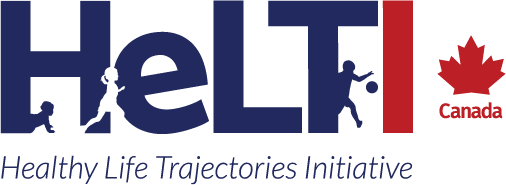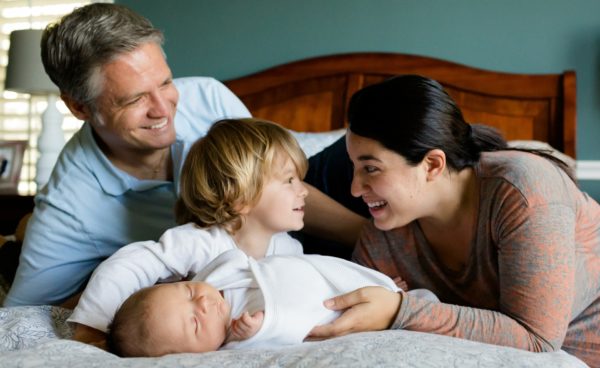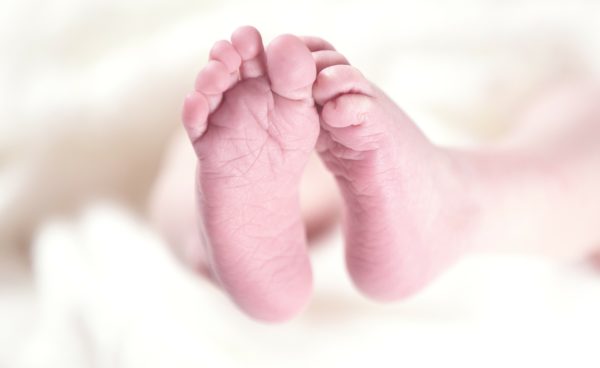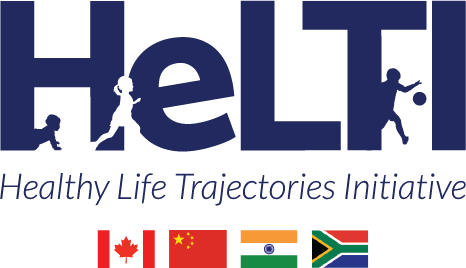Trajectories of Healthy Life using Public Health and Primary Care Interventions in Canada:


Co-PI: Catherine Birken

Co-PI: Cindy-Lee Dennis
Introduction to the DOHaD Hypothesis
The “Developmental Origins of Health and Disease (DOHaD)” hypothesis suggests that a healthy trajectory of growth and development in pregnancy and early childhood is critical for optimal health, development, and lifetime wellbeing. Concurrently, economists have shown positive relations between a child’s physical and mental health and his/her educational achievement, social services use and the GDP of his/her society. Yet, Canada’s children are falling behind. In a recent UNICEF report on child wellbeing, Canada ranked 17/29 of high-income nations.
Areas of concern:
- Nearly 1 in 3 Canadian children are overweight or obese, increasing their risk for:
- Cardiovascular disease
- Diabetes mellitus
- About 1 in 4 are not developmentally prepared for school – a major predictor of lifelong health and income earnings – potentially costing Canada $3 billion annually
- 1 in 5 children has a mental health problem, reducing educational achievement and lifetime income by an estimated $300,000 per individual.
HeLTI Canada Study
To address the aforementioned child health issues, the HeLTI Canada study will:
(1) develop a new DOHaD cohort
(2) evaluate the effectiveness of a package of interventions on child obesity, cardiometabolic health and child development.
The trial will take a ‘cumulative-impact’ approach, designed to improve health behaviours and reduce modifiable risk factors across the entire developmental period. We will randomise nulliparous and primiparous women, and their partners, recruited virtually across Canada to evaluate a 4-phase intervention, from preconception to early childhood. Its innovative design allows for two concurrent randomized comparisons:
- a preconception-life course intervention vs. usual care
- an intervention in infancy and early childhood vs. usual care in children
This design will enable the collection of family-level data, by including fathers preconceptionally, and following more than one child within the family. While the influence of maternal factors on child health is recognized, the role of the fathers/partners has been relatively understudied, including genetic/epigenetic and environmental factors. We will address this limitation.
HeLTI Canada is comprised of a pan-Canadian team of 48 established investigators, from 21 institutions, across 6 provinces with proven expertise to successfully undertake this study. The project is aligned with the international HeLTI studies in China, India, and South Africa to enable harmonized data capture, comparative analysis of interventions, identification of mechanistic pathways, exchange of scientific ideas, and the provision of cross-study mentorship and training. HeLTI Canada also aligns with national 2 and provincial plans to enhance primary health care and health policy around early child development. It capitalizes on efficient study recruitment and data collection methods, using existing research initiatives, such as the Ontario Birth Study and TARGet Kids! The planned linkage of HeLTI Canada data to provincial and national administrative health datasets will enable longitudinal follow-up of children past age 5. The project will leverage existing structures in public health and primary care to recruit participants, and then deliver interventions – if proven effective – to enable scalability at provincial and national levels.
Study Characteristics
- Setting: Canada
- Randomization: Individual
- Trial Formative Research Started: Fall 2019
- Date Enrolment Started (main trial): January 2021
- Target Recruitment Completion: December 2024
- Expected Completion of Trial: 2029
Location
Targets and Study Updates




